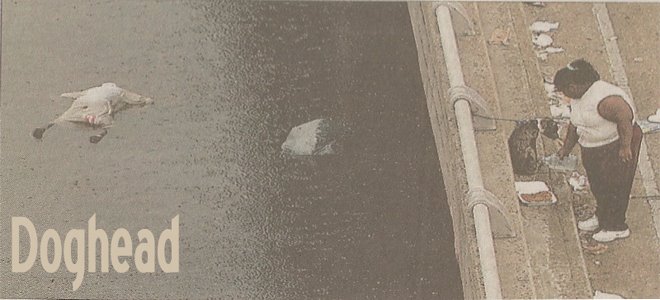
One week in London and I've already polished off two books. Actually, that's a bit of an exaggeration, I'd almost finished one of them so it was more like one and a bit. Anyway this post concerns that very book, First as Tragedy, Then as Farce by Slavoj Zizek. The man in my opinion is a genius, a Foucault of the 21st century, which he and probably the rest of the philosophical community would despise as a description, being comprised of little more than hyperbole and miniscule comparative relevance. All the same, Zizek is a fucking genius, and I love how his brain works. Open any of his books and you're likely to find a mish mash of world affairs, economic and political philosophy, mixed in with allusions to pop culture and society. The man blends Blade Runner and Batman with political theory, and makes it work. In parts I find some of his ideas too dense for my straight thinking brain, but Zizek always seems to be conscious in his writing being enjoyable to read as often as possible, which for someone like me is utterly refreshing.
First as Tragedy deals largely with the economic collapse of 2008 and the world post 9/11. It comprises of a critique of modern capitalist democracies and its evolution into the sort of authoritarian capitalism we see in China today. I am loathe to write much about what the book comprises because the book is so full of ideas I risk either distorting or omitting the most salient aspects of the book's message. In actual fact, were I to truly reflect on my reading experience of First as Tragedy, or other such philosophical works, I would need to do so in a much more structured and thought out format than a blog post. A zine at the very least! (Please see Doghead issue one - available free in this very blog - for my first attempt at such analysis). Suffice to say that Zizek is heavily critical of the radical measures employed by the global community to bail out the banks, and wonders, among other things, why such a financial priority is given to the very institutions that brought about the collapse in the first place. Zizek then goes on to analyse the development of communism and communist thought, arguing that even the most pure attempts at communism were poisoned and distorted before they ever acheived their true intentions, and advocates an optimistic rethinking of communist values, to 'fail better' next time.
Here follows an extract from towards the end of the book, where Zizek quite optimistically answers the Leftist question of 'what next'. As he mentioned elsewhere in the First as Tragedy, it is all to easy to criticise and lambast the centre-right for what they're doing to the world, but what needs to accompany such critique is viable, workable alternatives.
There is only one correct answer to those Leftist intellectuals who desperately await the arrival of a new revolutionary agent capable of instigating the long-expected radical social transformation. It takes the form of the old Hopi saying, with a wonderful Hegelian twist from substance to subject: "We are the ones we have been waiting for." (This is a version of Gandhi's motto: "Be yourself the change you want to see in the world.") Waiting for someone else to do the job for us is a way of rationalizing our inactivity. But the trap to be avoided here is that of perverse self-instrumentalisation: "we are the ones we have been waiting for" does not mean we have to discover how it is we are the agent predestined by fate (historical necessity) to perform the task - it means quite the opposite, namely that there is no big Other to rely on. In contrast to classical Marxism where "history is on our side" (the proletariat fulfils the predestined task of universal emancipation), in the contemporary constellation, the big Other is against us: left to itself, the inner thrust of our historical development leads to catastrophe, to apocalypse; what alone can prevent such calamity is, then, pure voluntarism, in other words, our free decision to act against historical necessity.
Beautiful words which I think my brain is still trying to get to grips with. First as Tragedy is the sort of book that many will find compelled to return to time and again, re-reading its 170 odd pages to try and understand a little bit more each time. And I expect many more will disregard as leftist-tripe or dense nonsense. Their loss.
For those who hate reading, you can check Zizek and a number of other notable philosophers on a documentary called Examined Life. The below extract is Zizek talking about waste, and it's ridiculous/mind blowing.

No comments:
Post a Comment